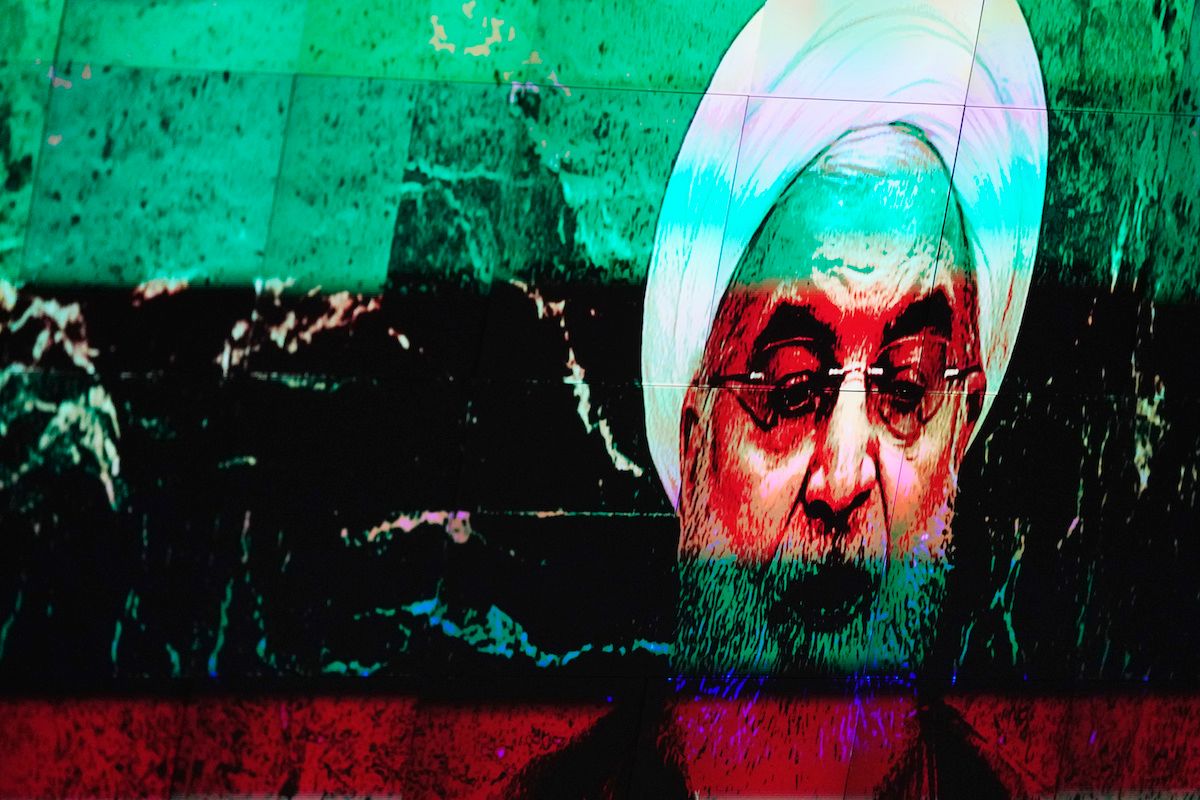Another escalation between the West and Iran – On Tuesday, France, Germany, and the UK formally opened the process, provided for in the 2015 Iran nuclear deal, that could re-impose UN sanctions on the Islamic Republic. The deal to freeze Iran's nuclear program has been on life support since the US withdrew from it in May 2018 and slapped unilateral sanctions on Tehran. The Europeans had been working to keep the deal alive, even as Iran expanded its uranium enrichment activities in response to mounting financial pressure from Washington. But after the US drone attack that killed Iranian Quds Force leader Qassim Suleimani last week, Tehran said it would no longer observe any limits to its nuclear program. Now the Europeans are saying that, though they regret the US withdrawal from the deal, they also can no longer ignore Iran's non-compliance. France, Germany, and the UK can extend this process indefinitely to prevent UN sanctions from coming into force. So, the main impact of the move, for now, will be to pressure Iran to come back to the negotiating table. We're watching for Tehran's next move.
France's Sahel summit – At a summit held Monday with West and Central African leaders, France's President Emmanuel Macron pledged to boost the French military presence in the Sahel region, adding an additional 220 troops to the 4,500 already there. The French military presence in the Sahel, a vast semi-arid area stretching across the southern edge of the Sahara Desert, began in 2013 in response to a surge of attacks in Mali by Islamist groups that has since spilled over into the Sahel. However, local African leaders have also had to grapple with the disapproval of communities unhappy with the presence of the former colonial power. Protestors – many inspired by Islamist clerics – have been demonstrating against the French military presence, prompting threats from Macron of a French troop withdrawal. As the recruiting power of local and foreign jihadist groups continues to grow, the threats to the region's people, and beyond, are quickly rising. (See our explainer here on how terrorism came to ravage the Sahel region).
Health challenges of the next decade – The World Health Organization (WHO) – the United Nations' top public health body – has released a list of the most pressing global health challenges that will shape the coming decade. Chief among them, according to WHO, is the climate crisis: "Air pollution kills an estimated 7 million people every year, while climate change causes more extreme weather events, exacerbates malnutrition and fuels the spread of infectious diseases such as malaria." Delivering healthcare in conflict zones and investing in healthcare workers and resources are also listed as health challenges worthy of greater public attention. Responding to the surging death toll from a measles outbreak in the Democratic Republic of the Congo, WHO recently issued a stern statement that said lack of funding is "a huge impediment" to disease containment; it asked countries around the world to fork out a collective $40 million over six months to implement elements of the outbreak response.
What We're Ignoring
Birthday greetings from President Trump – North Korea confirmed over the weekend that its leader, Kim Jong-un, had received a letter from President Trump wishing him a happy birthday. But it promptly shot down any hopes that the friendly gesture and Chairman Kim's "good personal feelings" about the US leader would help jumpstart stalled nuclear talks between the two countries. We're also ignoring Trump's birthday greetings, because we're pretty sure that when it comes to the 37-year-old Korean dictator's feelings about holding onto his nukes, the recent US assassination of Iran's second-most powerful man sent a much stronger message.
